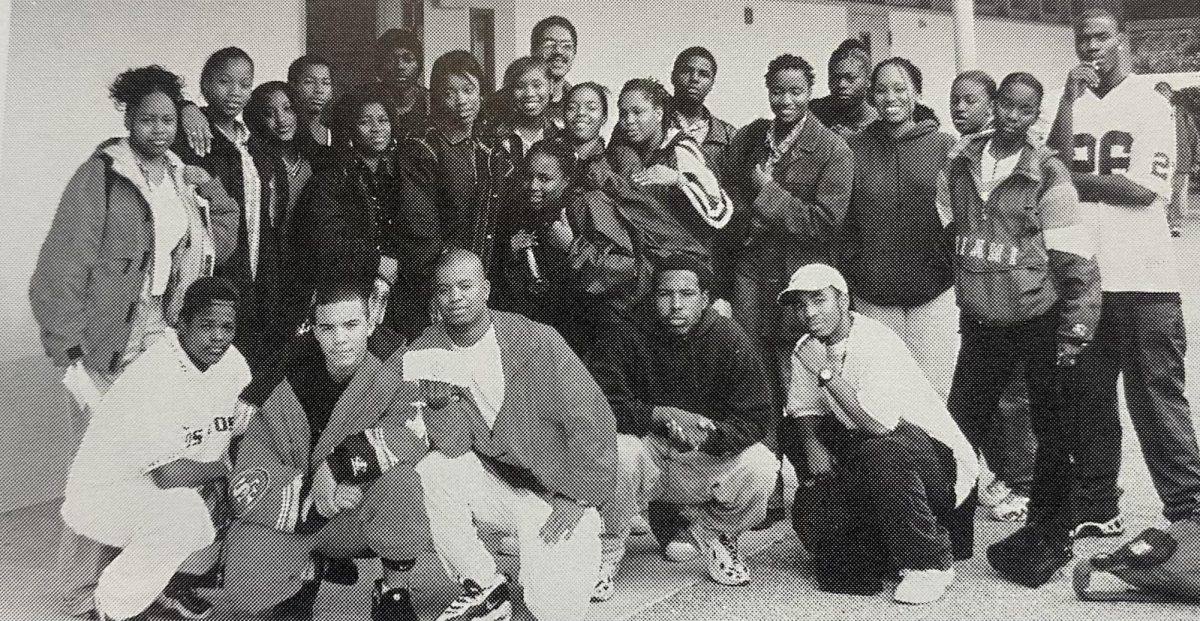While politicians all across America seem unable to keep their minds off the economy, teenagers tend to push the recession to the very bottom of their mental list of worries—far below maintaining a fair grade point average and making that varsity sports team. However, the current economic recession may actually be much more relevant to our lives than expected. Trips to the mall, college admissions and even teens’ future earnings are likely to be affected by the economy’s current state.
As salaries are slashed and the stock market continues to plummet, many students are finding themselves cut short of their regular funds. With a smaller amount of money to live off of, teens are now restricted from some activities that used to be routine. Senior Simran Saund is just one of many students who has been forced to cut back on spending.
“I usually have to end up spending all of [my paycheck],” Simran said. “I find that I’ve been spending most of it on essentials like food. Even just a little bit before the recession I could basically just spend it on anything I wanted; now I don’t really have much spare money.”
Teens are now forced to think twice before buying a new outfit, embarking on a gas-guzzling road trip or attending a late-night movie. Even habitual lunchtime activities have morphed significantly as a result of the recession.
“It’s affected the quality [of food] that I eat,” Simran said. “I eat mostly cheaper food.”
With meals at lunch venues costing an average of $6, it is likely that going out to favored lunch destinations will soon become a habit of the past.
As for those adolescents who choose to be self-sufficient rather than dependent on a parental figure, the current spread of jobs available for minors is rapidly decreasing. As companies are beginning to cut back on costs and even declare bankruptcy, finding or maintaining a steady paycheck is likely to prove difficult.
“For a lot of people, [the recession has caused] more reliance on their parents, less freedom because they have to rely on their parents’ money more,” Simran said. “It detracts from having fun and just everything you can do.”
While parental dependency, lunchtime outings and shopping sprees are all common problems of the recession, possibly the biggest concern for teens is that of college applications and tuition. With families across the country short on money and colleges struggling to scrape up enough to give out to students, scholarships are in high demand.
In addition, the number of applicants for University of California schools, along with California State Universities (CSUs), has risen sharply due to many families’ attempts to avoid the costs of private colleges.
As a result, according to an article in The Los Angeles Times, the CSUs are “for the first time in its history” planning on cutting admission numbers due to California’s worsening budget crisis and “[will] slash its 450,000 enrollment by 10,000 students for the 2009-2010 academic year.” The CSU system will also be moving up application deadlines and raising the academic bar for freshmen at its popular campuses.
Even after the upcoming generation leaves college and enters the workforce, the effects of the current crisis will continue to nip at our heels, leaving us with an overwhelming debt and a shortage of funds.
“[The upcoming] generation is going to suffer a much reduced standard of living as a result of the economic excesses of the last 30 years,” history teacher Robert Freeman said. “The government has raised the national debt tenfold in the last 30 years and is right now in the process probably of raising it another 50 percent again in the last 4 or 5 months. Those debts … will be repaid by your generation, and as a consequence, there won’t be as much money left over for investment … in things like education, … new research and development or new technologies.”
Though the recession may bring about some benefits such as lower gas prices or more responsible spending habits, its presence is a definite detriment to our generation’s well-being. We will be inheriting the myriad of problems already burdening society today. As for looking forward to the days when the recession and its aftermath will become something of the past, we can only hope for a quick recovery.
“It’s going to get a lot worse before it gets better,” Freeman said.







